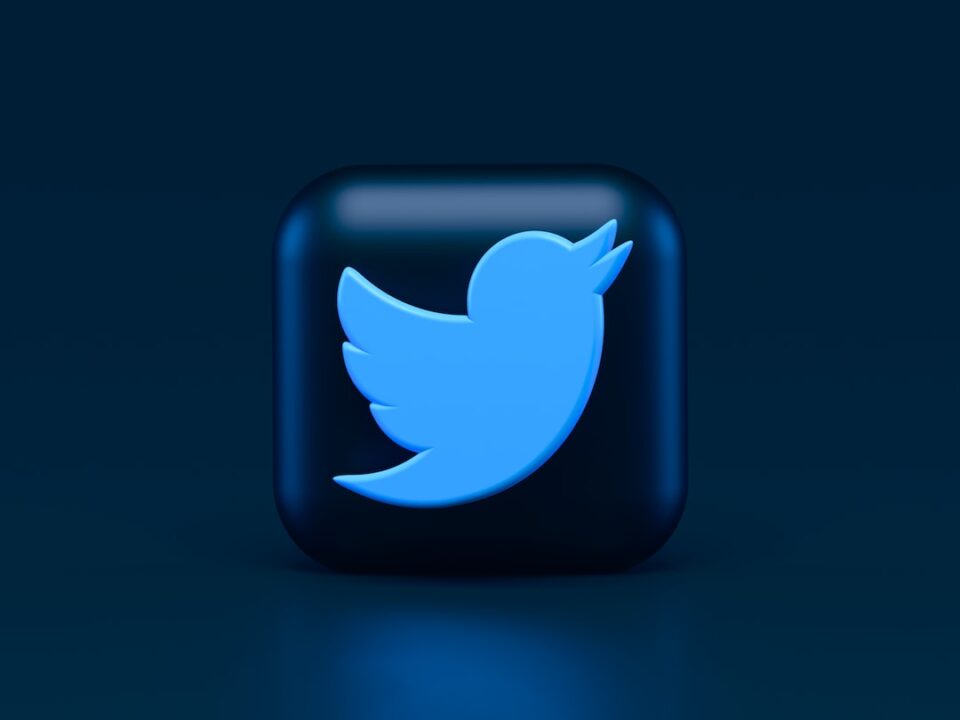From Myspace to Snapchat: A nostalgic look back at the evolution of social media
Do you remember the days of Myspace, when your “top 8 friends” defined your social status? Or the excitement of joining Facebook and discovering the power of the “like” button? Social media has come a long way since those early days, evolving to meet our ever-changing needs in the digital age. In this blog post, we take a nostalgic journey back to explore the evolution of social media.
Myspace, launched in 2003, was the pioneering social networking platform that paved the way for all others to come. It allowed users to create personalized profiles, customize their background and music, and connect with friends through private messages. Myspace was a sensation, with millions of users worldwide. It not only connected friends but also provided a platform for emerging musicians to showcase their talents.
However, as time went on, Myspace faced challenges and eventually faded into obscurity. Facebook, founded by Mark Zuckerberg in 2004, took the world by storm. With a more streamlined and user-friendly interface, Facebook rapidly gained popularity, becoming the go-to social media platform for most people. The concept of a “timeline” allowed users to document their lives and share updates, photos, and videos with their friends.
As Facebook continued to dominate, the rise of smartphones led to the birth of a new era in social media – mobile apps. Instagram, launched in 2010, revolutionized the way we shared photos. Its user-friendly interface and unique filters made it an instant hit, attracting millions of users in no time. Suddenly, anyone could become a photographer and capture beautiful moments to share with the world.
Another significant milestone in the evolution of social media was the introduction of Twitter in 2006. With its limit of 140 characters per tweet, Twitter quickly became a hub for real-time news updates and sharing thoughts in bite-sized chunks. Hashtags brought people together under common topics and helped spark the viral spread of information. Opening up a new realm of possibilities, Twitter became a powerful tool for activism and social change.
Snapchat, launched in 2011, took social media in a whole new direction. It introduced the concept of “Snaps” – disappearing photos and videos, allowing users to share spontaneous moments without leaving a permanent digital footprint. Snapchat’s success influenced other platforms to incorporate disappearing content features, such as Instagram stories and WhatsApp status, catering to our desire for privacy and impermanence.
The evolution of social media is not just about the platforms themselves but also the impact they have had on society. Social media has changed the way we communicate, connect, and consume information. It has democratized entertainment, allowing ordinary individuals to gain popularity and influence through platforms like YouTube and TikTok. It has also become a formidable marketing tool, with businesses using social media to target their audiences effectively.
However, there are also downsides to the evolution of social media. The constant exposure to curated online personas can lead to feelings of inadequacy and comparison. Cyberbullying and online harassment have become prevalent issues, requiring constant vigilance and regulation. The influence of social media on mental health is a topic of ongoing research and concern.
As we reflect on the evolution of social media, it’s clear that it has become an integral part of our lives. From Myspace to Snapchat and beyond, social media platforms continue to evolve and shape the way we interact and share our experiences. The future will undoubtedly bring new innovations and challenges, but one thing is for certain – social media is here to stay.
Let us take a moment to appreciate the journey, from the birth of Myspace to the phenomenon of Snapchat, and be grateful for how it has transformed the world around us.

